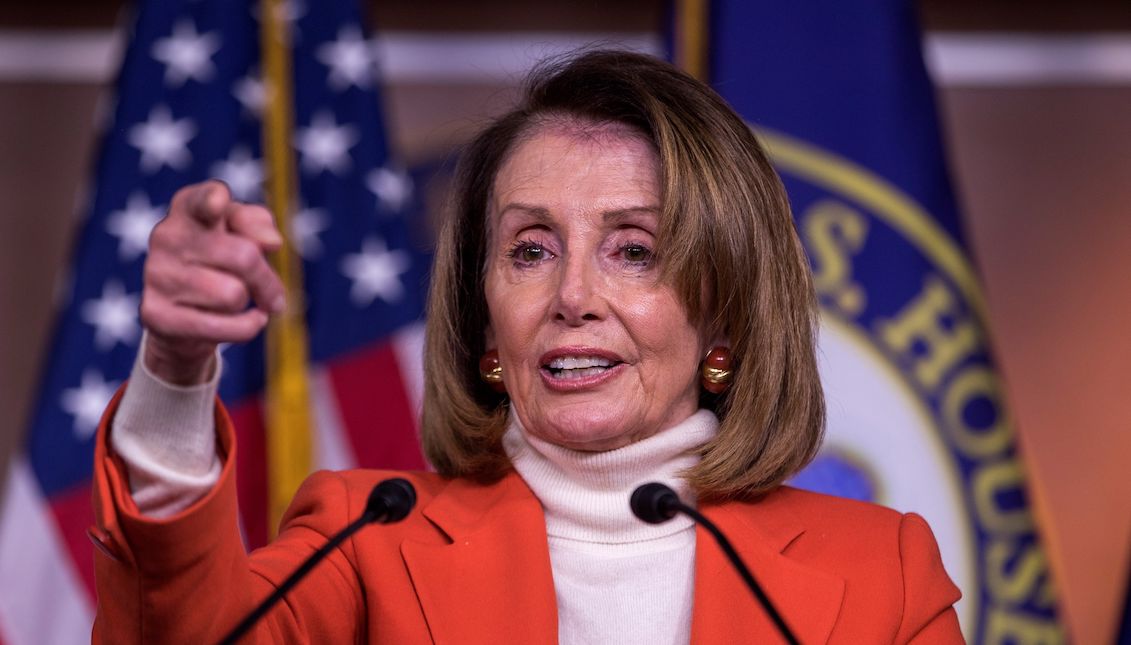
The conflict over a new Speaker
After their victory in the mid-term elections, Democrats suffer their first internal crisis as they debate who will lead them in the House of Representatives.
Winning the mid-term elections was only half the battle for Democrats.
After the elections resulted in a profound transformation in the country's representatives - where diversity was the protagonist of the day - Democrats now face internal turbulence that suggests a potential change of leadership.
For the first time in eight years, Democrats will regain control in the House of Representatives. Party leader Nancy Pelosi (representative of California's 12th district) was the nominee by default to become the Speaker of the House once again.
But, an outbreak of internal conflict has proven that not everyone in the party is willing to continue with the same leadership, especially at a critical time for national politics, and in the run-up to the 2020 elections.
According to the Washington Examiner, 17 Democrats "will formally promise on Monday to vote against Nancy Pelosi’s bid to be House Speaker," through an official statement that will be sent to all party members.
"We promised to change the status quo and we intend to deliver on that promise," reads the text to which the media had access. "Therefore, we are committed to voting for new leadership in both our Caucus meeting and on the House floor.”
"The time has come for a new leadership," the letter concludes.
The Speaker of the House of Representatives is not only the symbol of control or success of one of the parties.
Although the Constitution of the United States does not specify the specific role played by the Speaker of the House, historically - and unlike the model of the House of Commons in England – the leader of the majority in the legislative body is chosen to take the responsibility.
RELATED CONTENT
The Speaker doesn’t cast votes on proposed legislation and, in theory, should be a balanced moderator when choosing which ones come to the floor to be debated.
However, in U.S. politics, the internal dynamics are traditionally unbalanced; and in the case of the Trump Administration, that division has become even more marked.
During his first two years, House Speaker Paul Ryan inherited the responsibility of closing the party's flanks and backing President Trump's controversial agenda.
Despite having shown frustration with some of the president's comments, Ryan supported Trump, arguing that "more Republican policies would be enacted."
Under his leadership, Congress prevented President Trump from being forced to publish his tax returns, promoted the tax reform bill (which allegedly will increase the national debt by 1.5 trillion dollars in a decade), and defended the changes in government financing.
Similarly, Ryan supported Republican Congressman Devin Nunes in hampering the investigation of alleged Russian interference in the 2016 election, and prevented an agreement on comprehensive immigration legislation.
As of this moment, with an important and diverse majority entering the House, Democrats have a responsibility to choose a leader who can guide them coherently toward the fulfillment of their electoral promises, and return the country to a less divided state of affairs.










LEAVE A COMMENT: